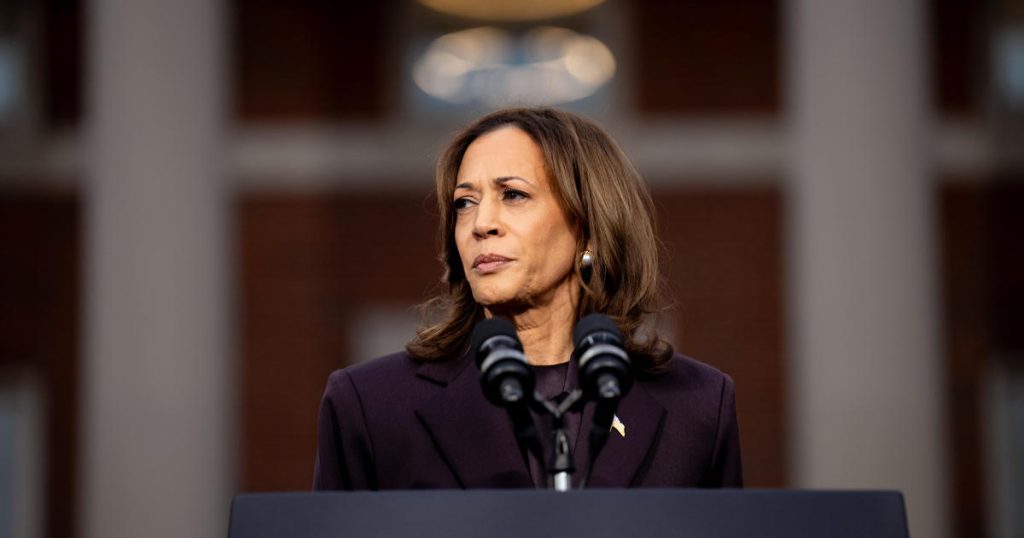In the 2024 election, 10 states had abortion-related measures on the ballot and Americans voted in favor of protecting abortion access in seven of them. However, support for these measures exceeded support for Kamala Harris, who campaigned heavily on abortion rights. In key battleground states like Arizona and Nevada, voters supported measures adding the right to abortion to their state constitutions but still favored Donald Trump over Harris. Exit polls showed that voters who supported abortion rights but voted for Trump were primarily concerned about the economy and were looking for a candidate who would bring change.
Across Nevada, various demographic groups showed greater support for the right to abortion referendum than for Kamala Harris. This included men and women, younger voters, independents, and even Republican women. Despite Harris’s outreach to Republican women on the issue of abortion rights, only a small percentage ended up voting for her. Among Latino voters, who Harris had lost ground with compared to Joe Biden in 2020, majorities also supported the state’s abortion ballot measure but did not strongly back Harris.
Pre-election polling by CBS News showed that the argument Harris made during her campaign that Trump would try to implement a national abortion ban did not resonate with most voters outside the Democratic Party. Instead, voters believed Trump would leave abortion matters to the states, which could explain why some voters who supported abortion rights on their state’s ballot measures also voted for Trump. The CBS News exit poll, which interviewed thousands of voters across the country at polling locations, showed that Harris faced challenges in mobilizing support among certain demographics.
Overall, voters who supported abortion rights on state ballot measures were not necessarily a guaranteed voting bloc for Harris. Despite their stance on abortion, other issues such as the economy and the desire for change played a significant role in their presidential voting decisions. Harris’s efforts to appeal to Republican women and Latino voters on abortion rights did not translate into strong support from these groups. Moving forward, understanding the motivations and concerns of voters who may align with certain issues but prioritize others in their voting decisions will be crucial for political campaigns.


